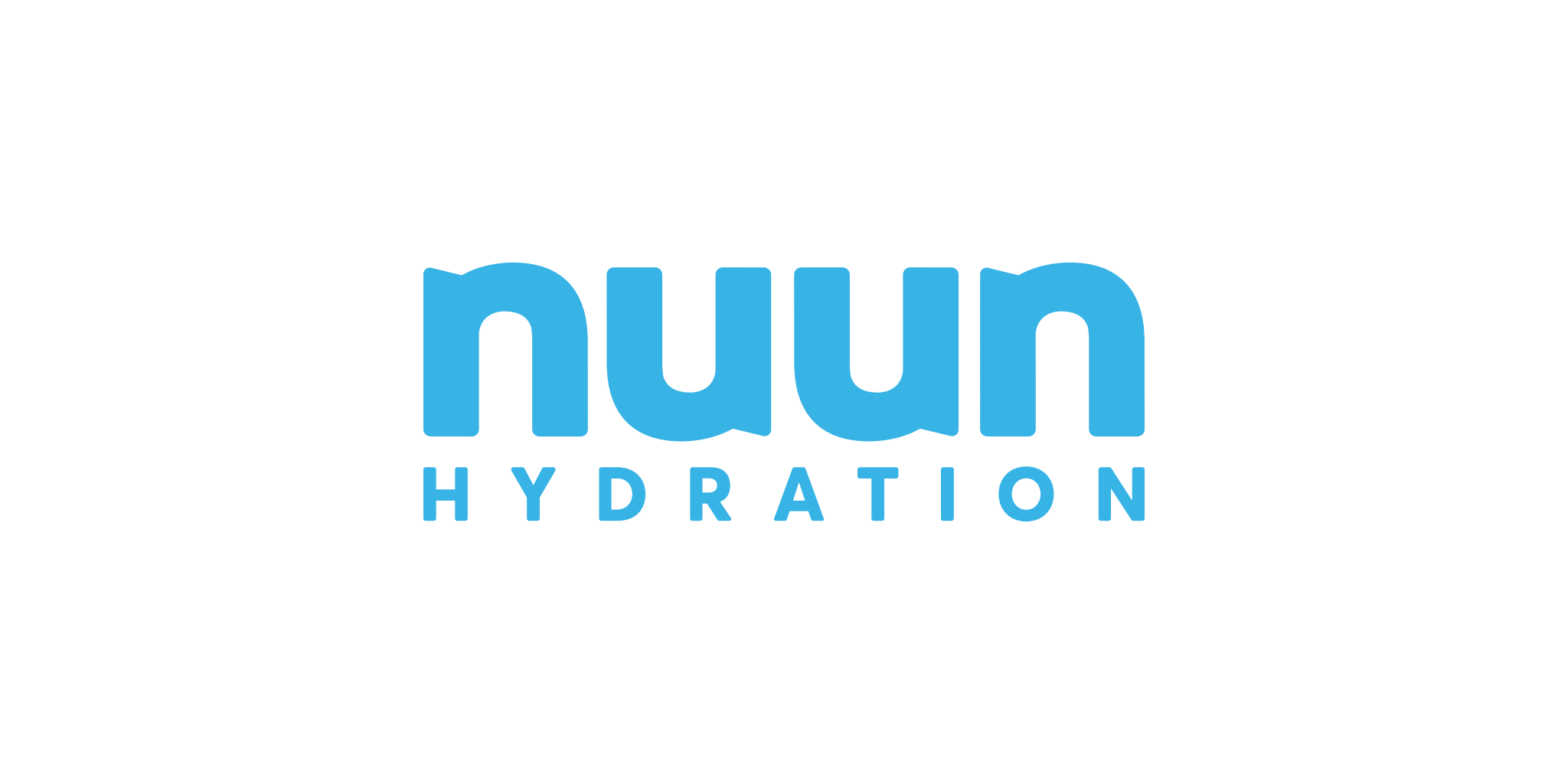

Nuun

Washington, United States
October 2021
Beverages
Wholesale/Retail
United States
Nuun, a brand of Nestlé Health Science, is on a mission to empower more movement. Nuun electrolyte tablets and powders provide functional hydration products optimized for exercise, daily health, travel, immune support, energy and rest. Clean and Non-GMO Project verified ingredients, a refreshing taste and low-sugar make Nuun a favorite amongst active consumers. Nuun products, like their tablets in their distinctive, colorful tubes, are convenient to carry and add to water, and are better for the environment than traditional bottled sports drinks. Not only is 17-year-old Nuun is the #1 selling sports drink supplement brand in running, cycling, outdoor and natural foods stores, but a brand dedicated to a better future through clean products, clean planet initiatives and clean sport. The Seattle based company's culture and mission have been recognized by Outside Magazine, who has named Nuun to its ‘Best Places to Work’ lists for the past five years in a row, including 2021.
Overall B Impact Score
Governance 13.2
Governance evaluates a company's overall mission, engagement around its social/environmental impact, ethics, and transparency. This section also evaluates the ability of a company to protect their mission and formally consider stakeholders in decision making through their corporate structure (e.g. benefit corporation) or corporate governing documents.
What is this? A company with an Impact Business Model is intentionally designed to create a specific positive outcome for one of its stakeholders - such as workers, community, environment, or customers.
Workers 28.3
Workers evaluates a company’s contributions to its employees’ financial security, health & safety, wellness, career development, and engagement & satisfaction. In addition, this section recognizes business models designed to benefit workers, such as companies that are at least 40% owned by non-executive employees and those that have workforce development programs to support individuals with barriers to employment.
Community 16.8
Community evaluates a company’s engagement with and impact on the communities in which it operates, hires from, and sources from. Topics include diversity, equity & inclusion, economic impact, civic engagement, charitable giving, and supply chain management. In addition, this section recognizes business models that are designed to address specific community-oriented problems, such as poverty alleviation through fair trade sourcing or distribution via microenterprises, producer cooperative models, locally focused economic development, and formal charitable giving commitments.
Environment 25.7
Environment evaluates a company’s overall environmental management practices as well as its impact on the air, climate, water, land, and biodiversity. This includes the direct impact of a company’s operations and, when applicable its supply chain and distribution channels. This section also recognizes companies with environmentally innovative production processes and those that sell products or services that have a positive environmental impact. Some examples might include products and services that create renewable energy, reduce consumption or waste, conserve land or wildlife, provide less toxic alternatives to the market, or educate people about environmental problems.
What is this? A company with an Impact Business Model is intentionally designed to create a specific positive outcome for one of its stakeholders - such as workers, community, environment, or customers.
Customers 4.1
Customers evaluates a company’s stewardship of its customers through the quality of its products and services, ethical marketing, data privacy and security, and feedback channels. In addition, this section recognizes products or services that are designed to address a particular social problem for or through its customers, such as health or educational products, arts & media products, serving underserved customers/clients, and services that improve the social impact of other businesses or organizations.